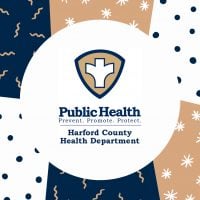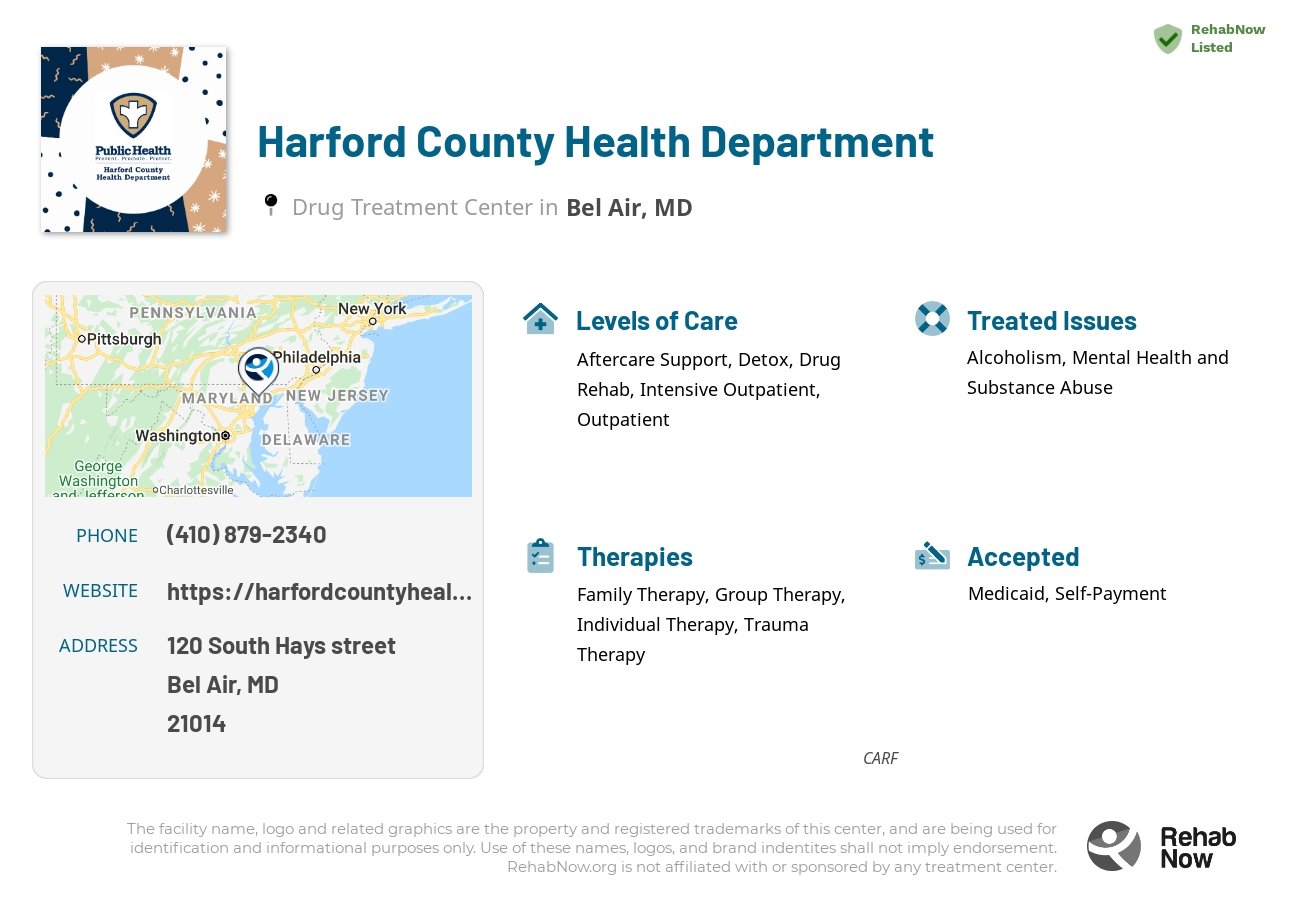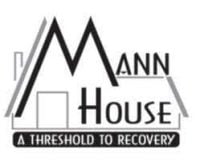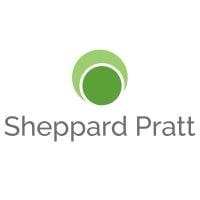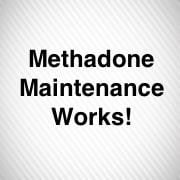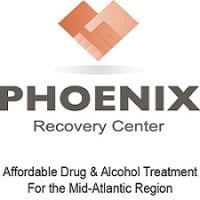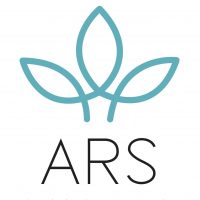Harford County Health Department
Drug Rehab Center in Bel Air, Maryland
The Harford County Health Department is an accredited addiction treatment facility located in Bel Air, MD, providing a range of services for those struggling with alcoholism, drug addiction and dual diagnosis, including aftercare support, detox, drug rehab and intensive outpatient programs.
About Harford County Health Department in Maryland
Harford County Health Department is a reputable treatment facility located in Bel Air, Maryland. It specializes in providing services for individuals struggling with alcoholism, dual diagnosis, and drug addiction. Recognized for its commitment to quality care, Harford County Health Department is accredited by CARF (Commission on Accreditation of Rehabilitation Facilities), ensuring that they meet rigorous standards to deliver effective treatment programs. With a range of treatment options available, including detox, drug rehab, intensive outpatient, and outpatient levels of care, individuals can find the level of support and treatment that suits their needs best.
Harford County Health Department offers a comprehensive approach to addiction and substance abuse treatment. Through their aftercare support, individuals can receive ongoing support and guidance after completing their primary treatment program. Additionally, their detox services assist individuals in safely and comfortably withdrawing from substances. The facility also provides drug rehab programs that focus on addressing the underlying causes of addiction and building coping skills for long-term recovery. Their intensive outpatient program offers flexible treatment options that allow individuals to continue their daily activities while receiving structured therapy sessions. Lastly, their outpatient services provide ongoing support and counseling to individuals who have completed more intensive treatment programs.
Genders
Ages
Modality
Additional
Accreditations

CARF
The Commission on Accreditation of Rehabilitation Facilities (CARF) is a non-profit organization that specifically accredits rehab organizations. Founded in 1966, CARF's, mission is to help service providers like rehab facilities maintain high standards of care.
Conditions and Issues Treated
Levels of Care Offered
This center offers a variety of custom treatment tailored to individual recovery. Currently available are Aftercare Support, Detox, Drug Rehab, Intensive Outpatient, Outpatient, with additional therapies available as listed below.
Detox is an integral part of recovery and often very hard. Detoxification is the process of letting the body remove the drugs in it. It addresses the physical aspect of addiction. Detox from drugs can be unsafe as the patient undergoes withdrawal symptoms that range from headaches, vomiting, body aches to seizures and cardiac arrests. The main purpose of detox is to keep the drug users comfortable as the drugs leave their system.
Quitting cold turkey is not recommended and can lead to many issues. Detox is best done under medical supervision so that a team of experts can monitor the side effects and complications. Detox, alone, does not guarantee sobriety as the underlying psychological issues are not addressed.
An intensive outpatient program (IOP) is effective for drug rehab, but it can take six months to several years to complete. It’s the most popular type of drug rehab program in the United States. One example of a successful IOP success story is actor and comedian Chris Rock, sober since 1990.
An IOP allows participants to spend nights at home while attending meetings throughout the day. It’s a good way for drug addicts to make a recovery plan in an outpatient setting while still supporting their loved ones.
Alcohol or drug addiction, or co-occurring disorders, are treated in an outpatient program. The patient must attend therapy and other programs at the facility but can return home each night.
Outpatient treatment allows recovering addicts to live at home while receiving addiction treatment. Outpatients can attend group sessions for a few hours per week. Outpatients may also continue to work full time and study/attend school without interruption if they choose.
The accomplishment of completing a drug or alcohol treatment program is just the first step. Once that is complete, aftercare support comes into play. This includes helping people adjust to life without substances outside of guidelines with assistance like getting sober living accommodations and career counseling and AA/NA programs for those who are struggling between sobriety or want continued help in maintaining it once they have completed their initial rehabilitation at an addiction facility.
Aftercare comprises services that help recovering addicts readjust to normal day-to-day activities while working on specific issues. These problems include psychiatric issues, family problems caused by substance abuse, continuing education pursuits if desired during rehab, etc. These can last up to one year+ depending on what’s needed most urgently upon completion of earlier stages.
Therapies & Programs
Different people react differently to various treatment options. Some drug rehabilitation centers offer individualized treatment that caters to the specific needs of a drug addict. The best treatment option varies on an individual depending on the type of drug abused, life history, medical condition of the person, social circumstances, and the environment they live in now.
When a person enters drug rehab, they usually have anti-drug associations such as withdrawal symptoms, stress, cravings, etc. The first step of drug rehab is to detoxify the body from any residual substances in it. Drug rehabilitation centers usually employ trained medical professionals to help in this process. Usually, the initial detoxification lasts for five days, where the person is monitored under close supervision.
Family therapy sessions typically involve the addict and their family members. During these sessions, a therapist will work with everyone involved to help them understand addiction and find healthy ways of coping without substance abuse.
Some addicts might feel embarrassed about their substance abuse problems. By encouraging family members to attend these sessions, therapists can show addicts that they’re not alone in dealing with addiction. Therapists can also work with family members to help them understand addiction and learn how to offer support and encouragement to their loved one as they deal with substance abuse issues.
Attending group therapy at Harford County Health Department in , is a useful way for those seeking sobriety to realize they aren’t the only one going through it.
This is when a group of people on different recovery phases get together and talk about what they’re going through, their triggers, successes, and failures. This can include alternative types of therapies too! Group therapy may occur on an outpatient or inpatient basis with groups that have no pre-existing relationships outside the session, unlike support groups where everyone already knows each other beforehand.
Trauma therapy is a form of therapy used to help people process and understand past traumas. This can help struggling addicts, as many people turn to drugs or alcohol to mask the pain of their past. Trauma therapy can be done in several ways, such as through visualization, discussion, and writing down thoughts and feelings. The goal is to help the individual understand why they are having problems coping with certain situations and changing how they think and react to things. This is often done in tandem with other therapies to treat the underlying issues associated with addiction.
The idea behind trauma therapy is that while some people can experience traumatic events and not have lasting psychiatric symptoms, many others will. In these cases, memories get hidden from consciousness but continue to influence how the person processes and copes with things in their life. They may avoid situations that resemble what happened or become suddenly angry or irritated to a situation that reminds them of a past event. With the help of a therapist, people can go back over memories and experiences. This helps them understand why they are having problems coping with certain situations and changing how they think and react to things.
Payment Options Accepted
For specific insurance or payment methods please contact us.
Additional Details
Specifics, location, and helpful extra information.
Bel Air, Maryland 21014 Phone Number(410) 879-2340 Meta DetailsUpdated November 25, 2023
Staff Verified
Harford County Health Department Patient Reviews
There are no reviews yet. Be the first one to write one.
Bel Air, Maryland Addiction Information
For the past decade, Maryland's rate of drug use and abuse has significantly increased. The overdose rate is currently higher than the national average. This epidemic is due to the many industries where manual labor is required. As soon as prescription opioids were more readily accessible a large part of manual workers started using–and eventually abusing–the painkillers.
The drug addiction problem in Bel Air, MD, is relatively bad. There were over 9,000 admissions to drug and alcohol treatment centers in 2009. Of these admissions, almost 60% were for alcohol abuse, and more than 30% were for drug abuse. The most common drugs of abuse among those admitted to treatment were heroin, marijuana, and cocaine. Relapses are common among people attempting to return to sobriety in Bel Air.
Treatment in Nearby Cities
- District Heights, MD (54.9 mi.)
- Barstow, MD (71.2 mi.)
- Thurmont, MD (56.9 mi.)
- Pasadena, MD (31.7 mi.)
- Princess Anne, MD (98.6 mi.)
Centers near Harford County Health Department
The facility name, logo and brand are the property and registered trademarks of Harford County Health Department, and are being used for identification and informational purposes only. Use of these names, logos and brands shall not imply endorsement. RehabNow.org is not affiliated with or sponsored by Harford County Health Department.
